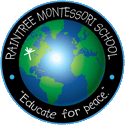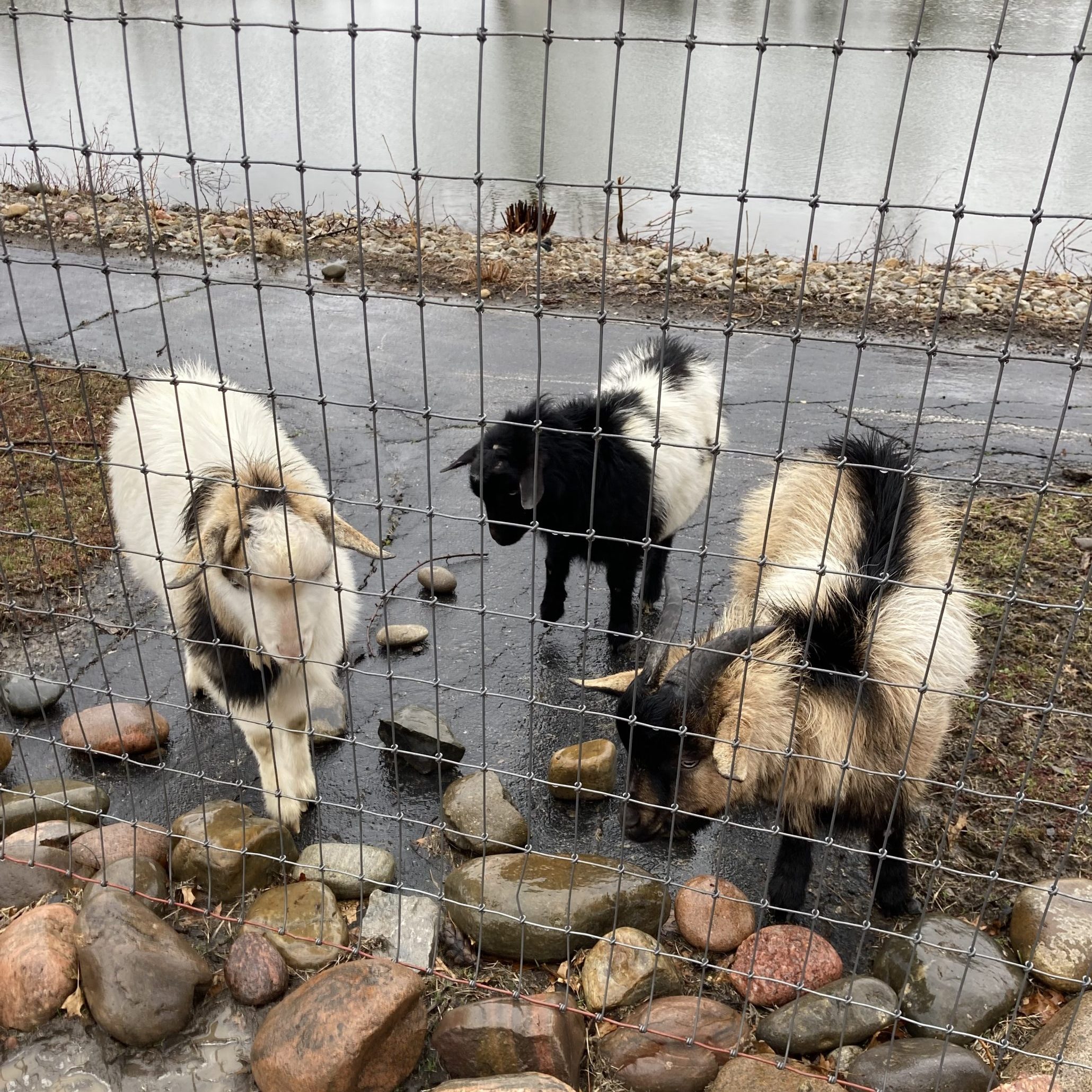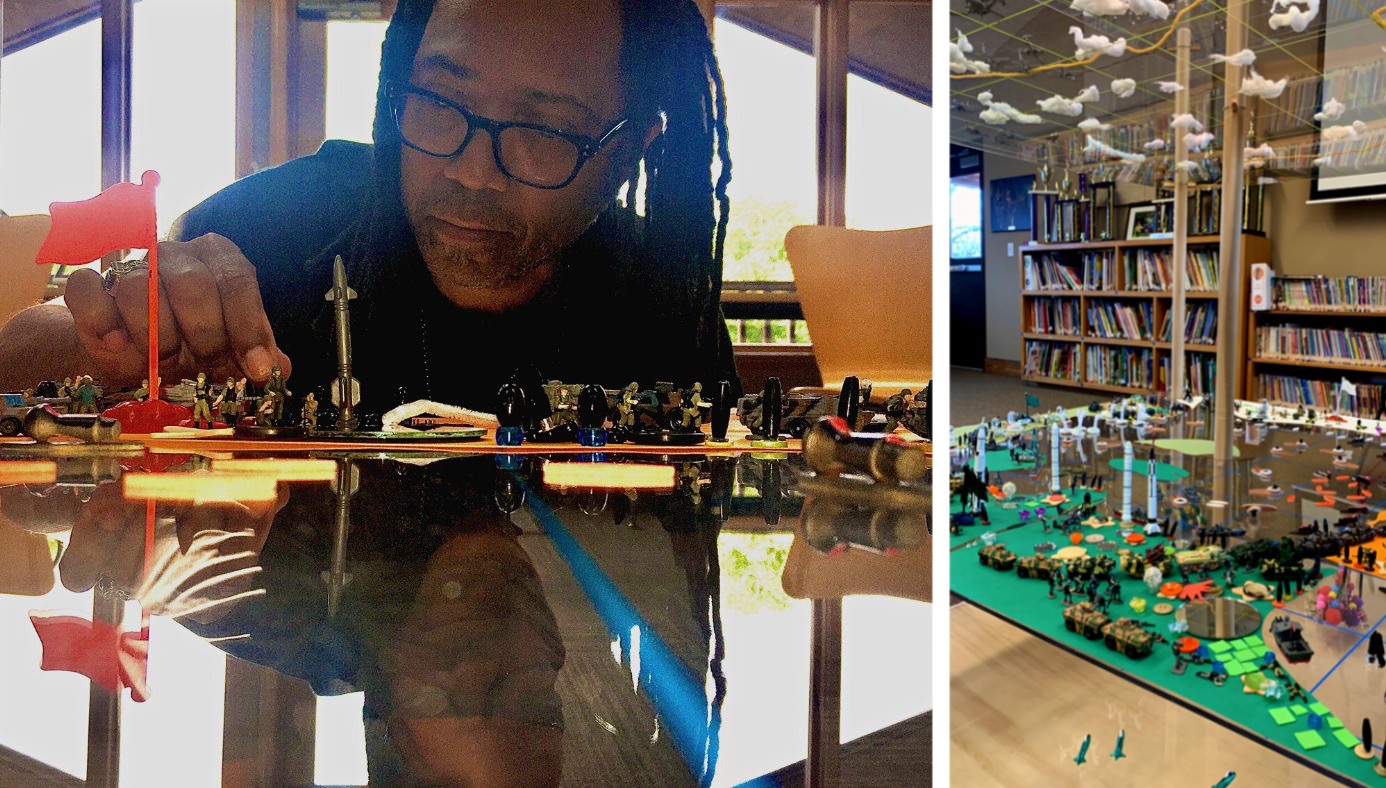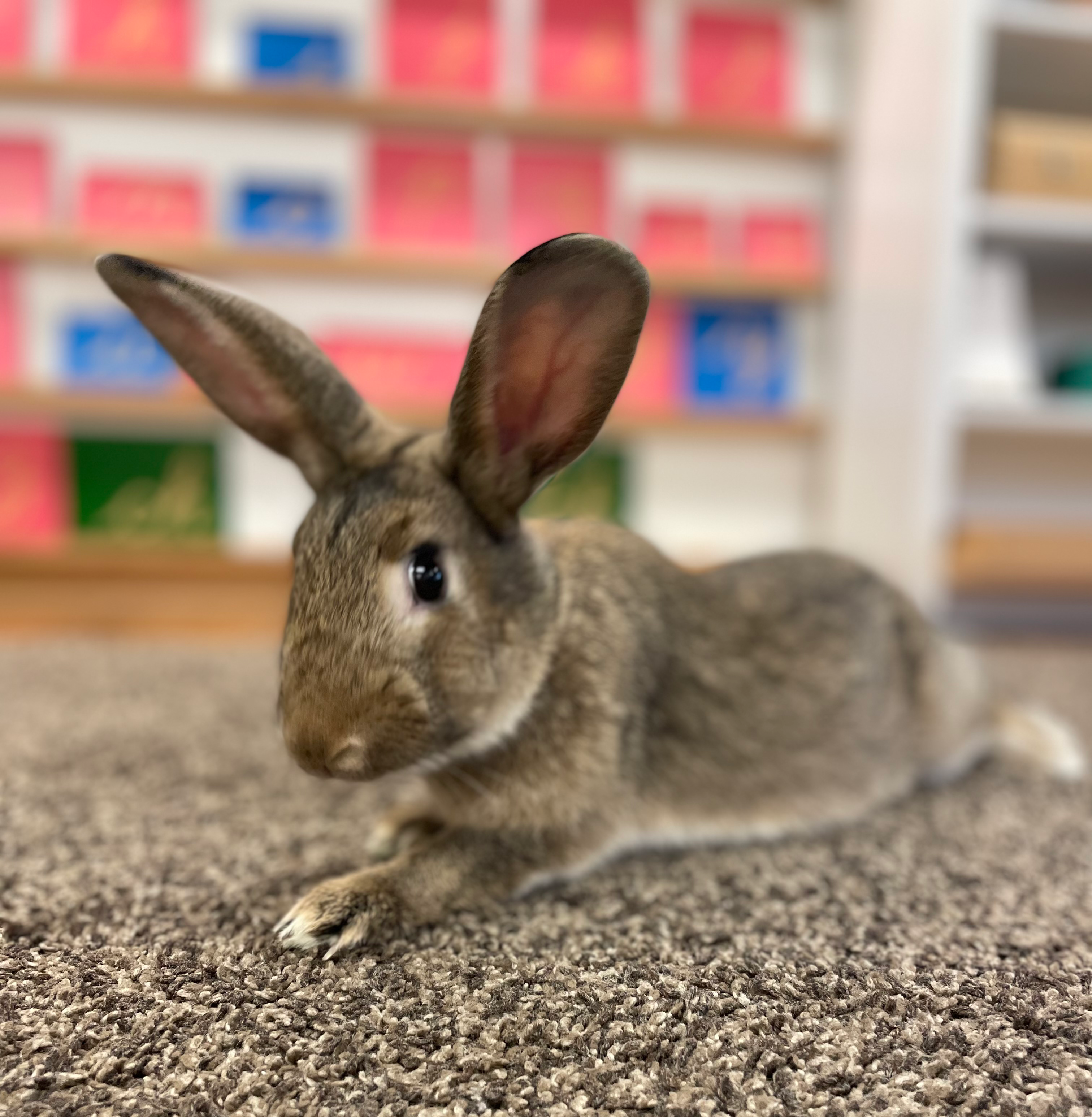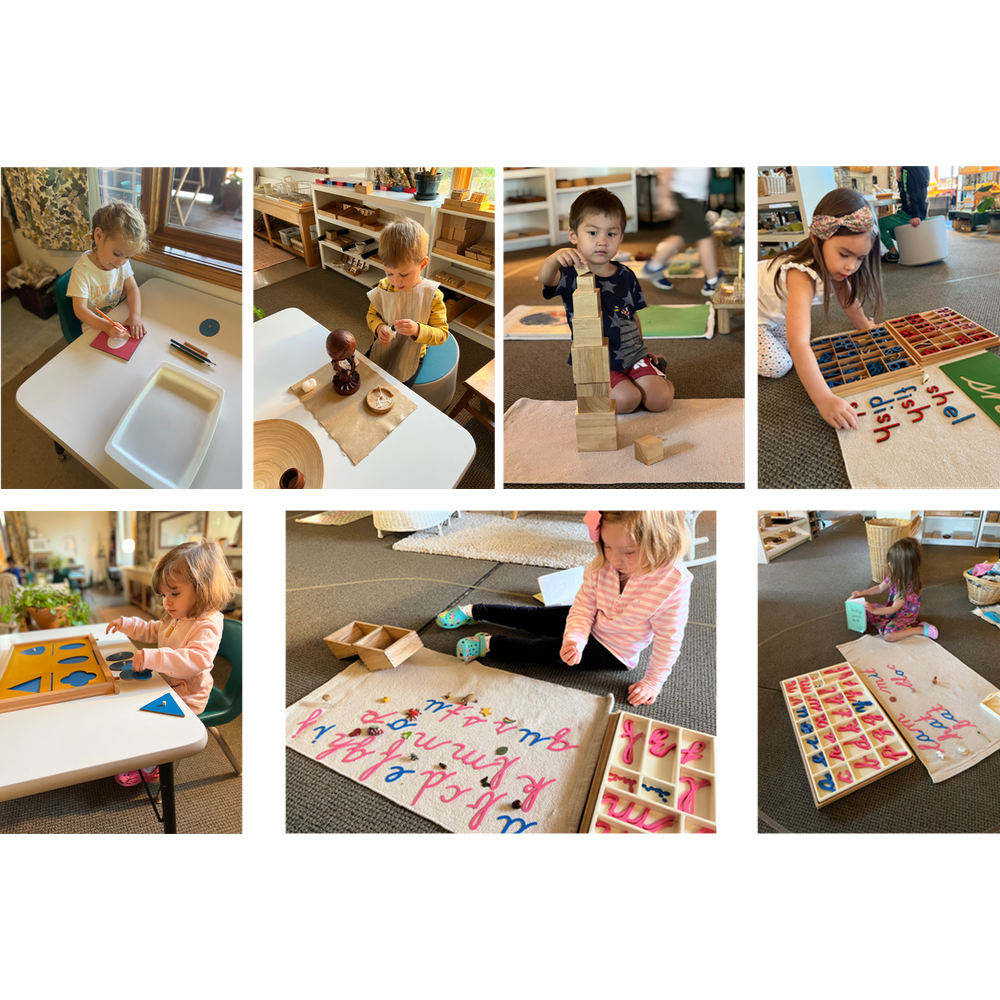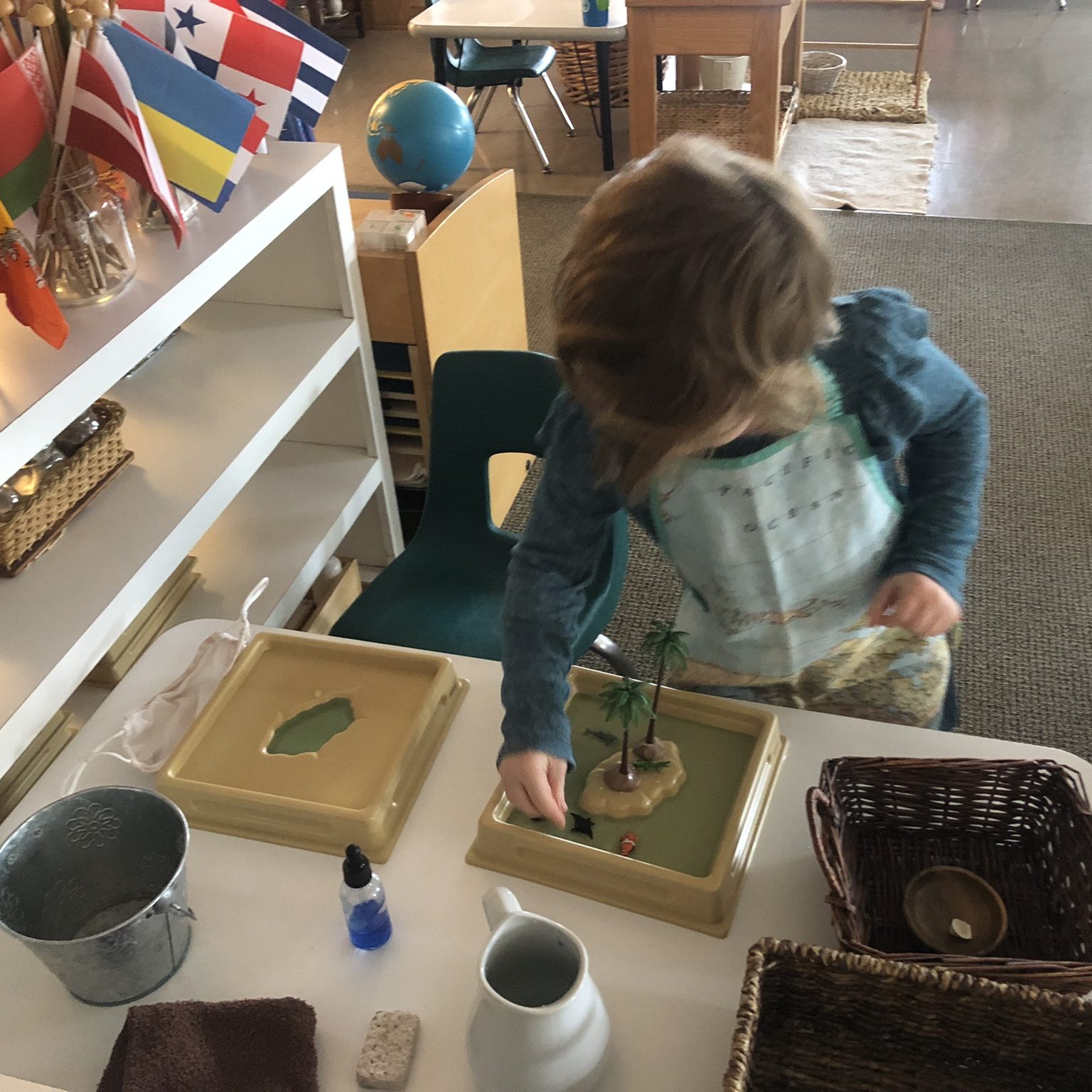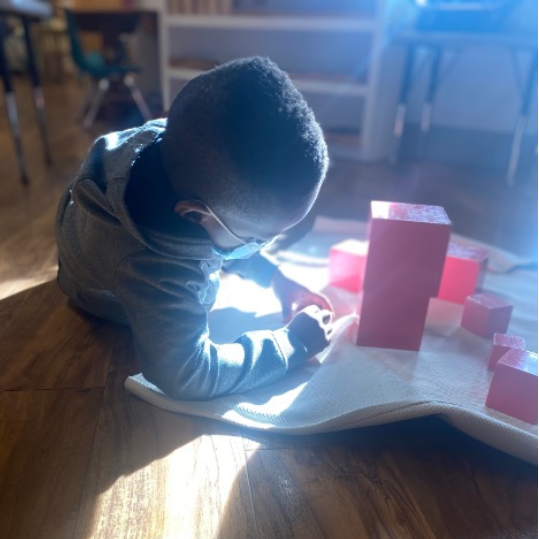Raintree Chef Spotlight: Chris Rieke
As the chef at Raintree, I have the unique opportunity to utilize some of the base, organic processes of the school. Whether it’s Erdkinder students composting all of our useable food scraps or using fresh produce from the gardens – all of it comes down to supplying the students and staff with high quality food and creating as low an impact the environment as possible. During the peak of the season, I often go out to the classrooms’ gardens just outside our back doors with [...]

